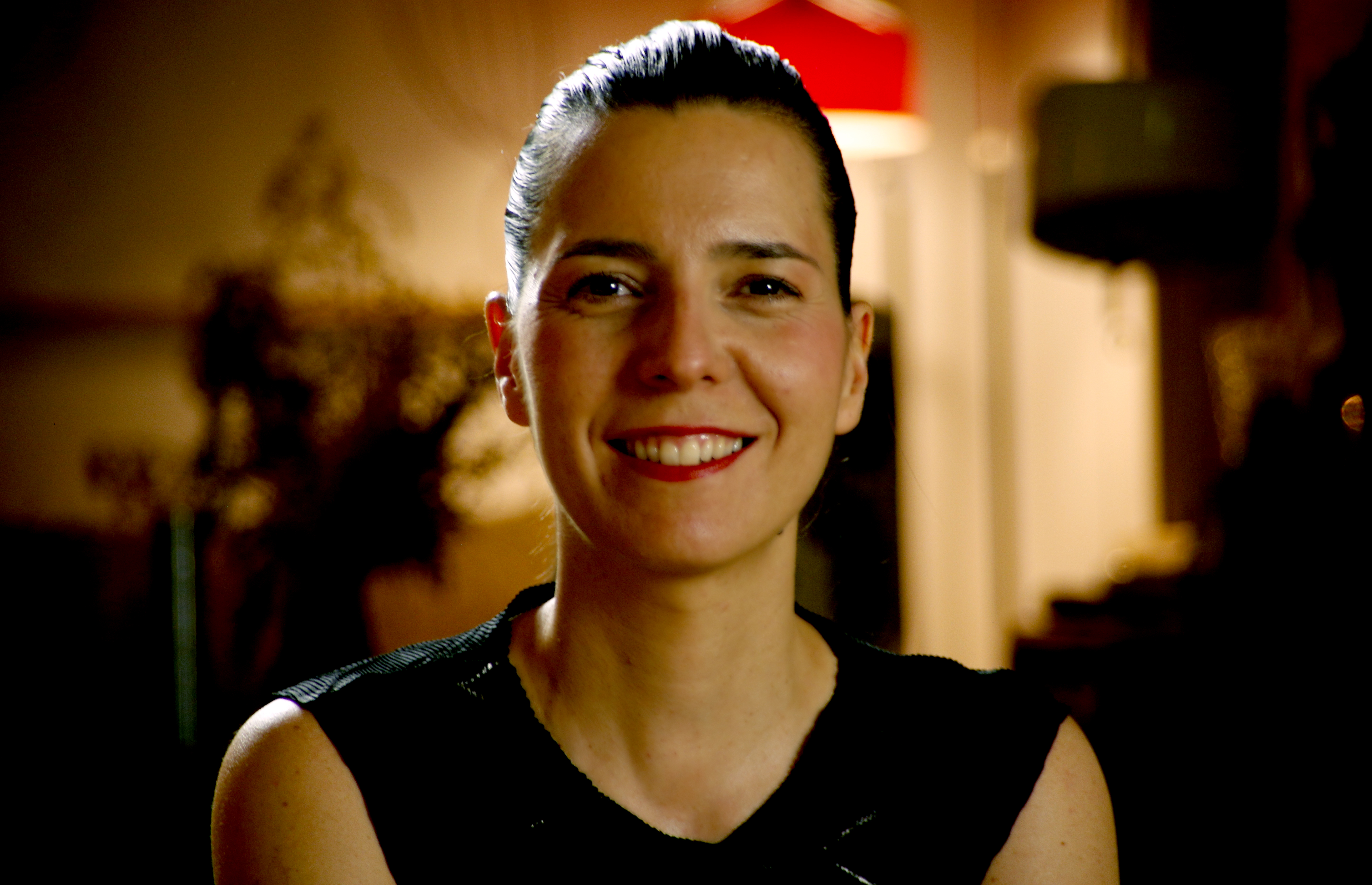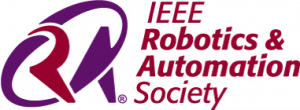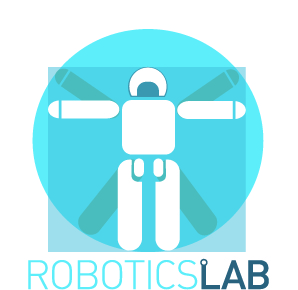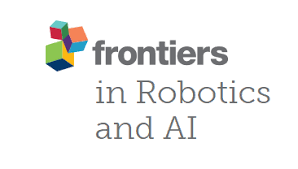
New approaches in soft robots modeling and control
Main Organizer
Concepción A. Monje
RoboticsLab
University Carlos III of Madrid, Spain. Phone: +34 91 624 6013
URL: http://roboticslab.uc3m.es/roboticslab/people/ca-monje

Co-Organizers
Egidio Falotico
The BioRobotics Institute
Scuola Superiore Sant’Anna, Pisa, Italy. Phone: +39 050 88 3457
Email: e.falotico@santannapisa.it;
URL: https://www.santannapisa.it/en/egidio-falotico

Santiago Martínez de la Casa
RoboticsLab
University Carlos III of Madrid, Spain. Phone: +34 91 624 5997
Email: scasa@ing.uc3m.es;
URL: http://roboticslab.uc3m.es/roboticslab/people/smartinez

Sponsorship
The Journal Frontiers in Robotics and AI strongly support this workshop proposal. Elements of the workshop could result in a potential article collection around themes that fall within the scope of the Journal.
Objectives
Introduction:
Soft robotics is a growing research field which aims at incorporating softness in robotic bodies or in nov-el end effectors, enabling safe and adaptive interactions. Soft robotics is bio-inspired, since it tries to reproduce the capabilities of certain animals such as worms, snakes, or the octopus to move without having a rigid skeleton or exoskeleton, exploiting their softness to squeeze and adapt to unstructured environments. The stiffness characteristic of traditional industrial robots was desirable because it ena-bled fast, reliable and precise tasks such as those required in factory lines. Conversely, soft robotics finds application in tasks where safety and adaptability to unstructured environments is of paramount importance. Such tasks include delicate food handling, medical procedures, and assistive tasks.
Motivation:
The compliance which characterizes soft robots, besides granting the desired proprieties described above, also introduces challenges from the point of view of modeling and control.
The hysteresis of the materials and the high redundancy due to the virtually infinite number of degrees of freedom (DoF) of soft robots make them hard to model with high accuracy.
However, the long-term success for the practical application of soft robotic systems is dependent up on the development of real-time dynamic models that can be embedded in controllers to facilitate fast, reli-able, accurate, and energy-efficient control. This is non-trivial because: (i) unlike rigid robots, elastic de-formation of soft robots results in virtually infinite degrees-of- freedom (DoF) motions, (bending, exten-sion, contraction, torsion, buckling, etc.) (ii) the material properties exhibit non-linear characteristics such as compliance and hysteresis, (iii) interfaces between materials and friction can make models predic-tions inaccurate. Notably, in recent years great progresses have been achieved in developing dynamic models approximating the behaviour of continuously deformable soft robots, but their complexity intro-duce new challenges for their use in real-time applications.
From the perspective of control of soft robots, the highly complex and nonlinear models necessary for a soft robotic system make control a difficult task and classical control approaches seem to come to a limit in the presence of a soft robot. Therefore, other control methods have to be applied seemingly be-ing more useful in this context, such as robust control, learning-based control algorithms, model-free approaches, control algorithms motivated by neuroscience, or morphological computation. These meth-ods add new perspectives to the well-known model-based approach. We want to provide an inter- and cross-disciplinary platform to discuss control techniques, conventional as well as novel, that are being currently developed and applied to soft robots and discuss limitations, potentials and future directions.
Contribution:
The workshop will bring together experts in the
above mentioned control methods as well as people with neuro-scientific and biology background in order to discuss the following issues:
- – To what extent are soft robot model predictions accurate in real tasks?
- – Can soft robot models be executed in real-time and embedded in controllers?
- – How are control loops set up in biology (from a biological and neuroscientifical point of view)?
- – Requirements of each method in order to apply them on a real system.
- – Limitation of the control approaches.
- – Are there specific tasks / trajectories / applications for which each method is
applicable?
Goals of the workshop:
- – Answer the question: “Do we have to rethink the basic approach in robot control, which is model based, when it comes to controlling soft robotic systems?
- – Contribute to the field by giving the audience a structured review of existing modeling and control methods for these systems.
- – Identify the best experimental testbeds for soft robot control evaluation.
- – A Special Issue in Frontiers in Robotics and AI will be published as an outcome of the workshop summarizing and categorizing the presented methods.
Topics of interest
- • Soft robotics concepts and foundations/ Keywords: Soft robot materials and design; Soft sensors and actuators;
- • Modeling of soft robots / Keywords: modeling for soft robots
- • Model-based control of soft robotic systems / Keywords: control for soft robots.
- • Model-free control approaches of soft robotic systems / Keywords: control for soft robots
- • Main soft robotic applications and testbed platforms for experimental validation / Keywords: Soft robot applications
Invited speakers
- 1. Manolo Garabini (Research Center “E. PIaggio”, Università di Pisa, Italy, Dynamic preserving it-erative learning control of soft robots)
- 2. Bram Vanderborght (Vrije Universiteit Brussel, Belgium, Adaptable Compliance/Variable Stiff-ness, Self healing soft robots with embedded sensing)
- 3. Dorin Copaci (University Carlos III of Madrid, Spain, Soft exoskeletons)
- 4. Thomas George (University of Cambridge, United Kingdom, Learning-based modelling and feedback control of soft robots with embedded soft sensors)
- 5. Egidio Falotico (BioRobotics Institute Pisa, Italy, Design of soft links)
- 6. Concepción A. Monje (RoboticsLab, University Carlos III of Madrid, Spain, Control of soft links)
- 7. Federico Renda (Department of Mechanical Engineering, Khalifa University, Abu Dhabi, Model-ing of soft robots)
- 8. Alessandro Lucantonio (BioRobotics Institute Pisa, Italy, Modeling of soft robots)
- 9. Christian Duriez (INRIA, Université de Lille, Methods for modeling and control of soft robots that are really generic)
- 9. Frederic Boyer (Institut Mines Telecom Atlantique, Laboratoire des Sciences du Numérique de Nantes, France, Modeling for soft robots)
- 11. Akira Fukuhara (Tohoku University, Research Institute of Electrical Communication, Japan, Bio-inspired flexible mechanical and control system for legged robots)
The invited speakers work in a wide variety of areas in soft robotics, from modeling to control, which contributes to a significant representation of the state of the art in this field.
Schedule
Abstracts and recorded videos of each invited speaker talk will be available for the workshop audience. Besides, 2-hour live session in the time slot Sept 27, 14:00–16:00 CEST has been assigned within the conference platform, which will be used for live interaction with the audience.
Endorsement
The organizers of this Workshop have the support of the IEEE RAS Technical Committee on Soft Robotics.




